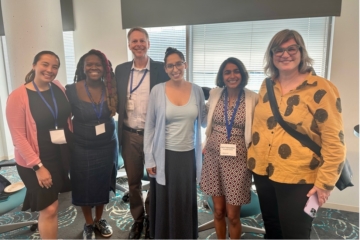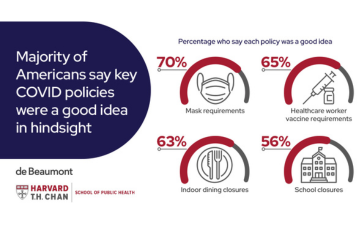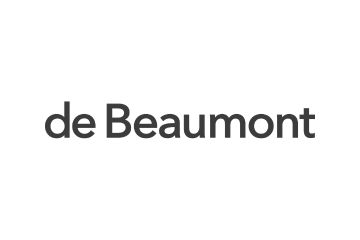It’s hard to comprehend how much life has changed in a month.
At the BUILD Health Challenge, we believe the work being done in BUILD communities is as important as ever. At the same time, we recognize that the spread of the coronavirus has upended the way we live. We are proud of the way our awardees have responded to the challenge. Our thoughts are with the people who are affected and those who are working around the clock to help communities prepare for and respond to this global threat.
The de Beaumont Foundation, which funds and hosts the BUILD Health Challenge, has always had a generous and flexible telework policy, so we feel prepared to adapt to this public health crisis operationally. Our team is able to do our part to keep ourselves and others safe by isolating, and we are fortunate that we can continue our work.
However, many of my friends and neighbors lack this kind of support. Some don’t have paid sick leave. Many live paycheck to paycheck and are seeing their livelihoods threatened. Others rely on community programs and services. There is a great need to support the members of our communities during this time.
Besides adhering to public health recommendations, I’m supporting my community in the Washington, D.C. region to make sure that we get through this — together. If you also want to make a difference, here are some things you can do now:
- Follow issues that affect you. Pay attention to what your local elected officials are proposing to manage the health and the economic impact of the pandemic, and advocate for them to take action in a way that is equitable and forward-thinking.
- Support local businesses. Those in the gig economy and service industry are already feeling the pinch. If you’re torn between staying home and supporting your favorite local restaurant or yoga studio, ask if they’re offering take-out or delivery options or providing virtual services.* Tip service workers generously. Some cities have service worker relief funds, like this one, or other forms of helping individuals who are directly impacted. To provide much-needed funding to businesses that may be struggling, you can buy gift certificates, class packs, or future services from local restaurants, stores, or exercise studios, as well as individuals like child care providers or hair stylists.
- Donate. If you are in a position to support organizations that are providing food, housing, healthcare, and other critical services to those who are most vulnerable, consider making a charitable donation to help them continue and expand their important work. Here in D.C., we have the Capital Area Food Bank, Mary’s Center, SOME, Miriam’s Kitchen, and the Greater Washington Community Foundation’s COVID-19 Emergency Response Fund, to name just a few.
I have no doubt that we’ll get through this, but it’s an unprecedented moment in modern history. This is a time to listen to the experts, be thoughtful and generous, and pull together — even from a safe distance.
*The response to the coronavirus situation is evolving rapidly in different regions. In Washington, D.C., restaurants, health clubs, and other public gathering spaces have been required to close as of 10 p.m., March 16, although takeout is still permitted at the time of writing. Please comply with local regulations.





